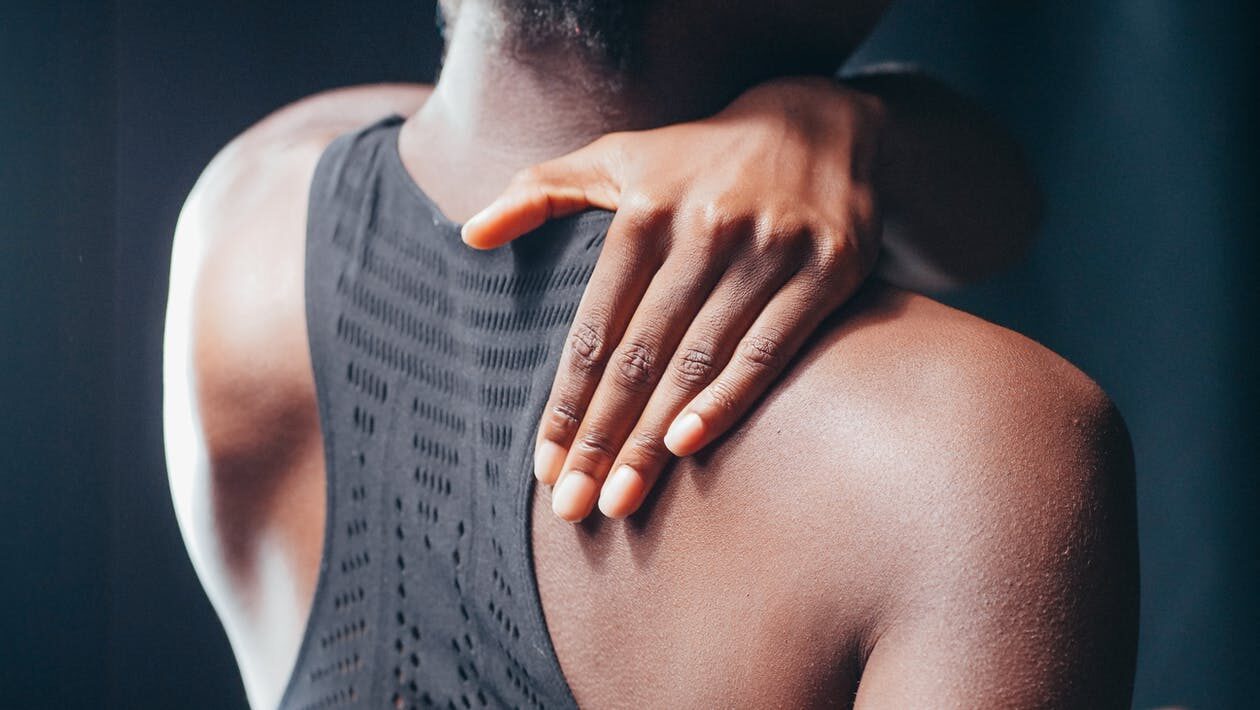Staying fit and healthy is important, but whatever kind of exercise you do, there is always a risk of hurting yourself or feeling stiff and achy the next day. If you want to start working out more but are worried about having to face a sore body as a result, below are a few tips to help you avoid this and have a pain-free workout.
Fuel Up
While you should not eat just before your workout, eating about an hour or two before you hit the gym or go for a run will be beneficial. Giving your body the fuel that it needs to get moving will make your workout far easier and allow you to go for longer. Eating the right food after your workout will also help your body to recover and reduce your chances of aches and pains. Good carbohydrates and plenty of protein are usually what is recommended to eat after a workout if you want the best results.
Warm Up and Warm Down
It can be easy to skip these parts of your workout routine, particularly if you are in a rush, but if you want to avoid being sore or getting an injury during exercise you must take these steps. Warm-ups/warm-downs do not need to take longer than 10-minutes, but they help to stretch out your muscles and get your joints lubricated for a better workout. If you have a personal trainer, they will lead your warm-ups and warm-downs, but if not there are plenty of examples of how to do these properly online.
Use Supports
If you have a certain area of your body that gives you problems, such as your elbow, knee, or wrists, using supports when you exercise is a good idea. If you do have an injury it is better not to work out on it and rest until it heals, but if you are going to be moving the affected area around for whatever reason, these supports will make everything much more comfortable. You can buy an elbow compression sleeve by Bearhug as well as other top-quality supports to aid you in your workouts and general daily tasks.
Warm Bath or Ice Pack
Applying heat or ice to your muscles will all depend on whether or not you are injured. A warm bath or shower after a workout will help your muscles to relax again which could make you feel less stiff the next day, but if you notice instantaneous swelling after exercise this is more likely to be an injury. In this case, you will need to apply an ice pack to the affected area to help the inflammation go down. You might still be sore the next day, but this will help to make it more manageable.
Do not Overdo it
Finally, while pushing yourself during a workout is important, make sure you are not overdoing it. There is a difference between challenging yourself and pushing yourself to exhaustion, and your body will need much longer to recover if you do the latter. Listen to your body and know when it is time to stop. It is generally recommended that workouts do not last longer than 90-minutes, but if you are not quite at your peak fitness yet, aim for between 30 and 60-minutes until you get stronger.
If you want a pain-free workout, use these tips to make sure your body is getting what it needs to stay energized and recover properly.

